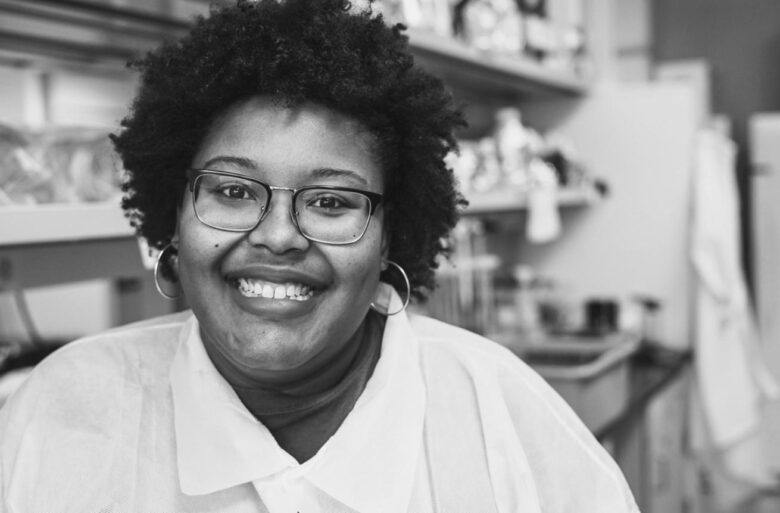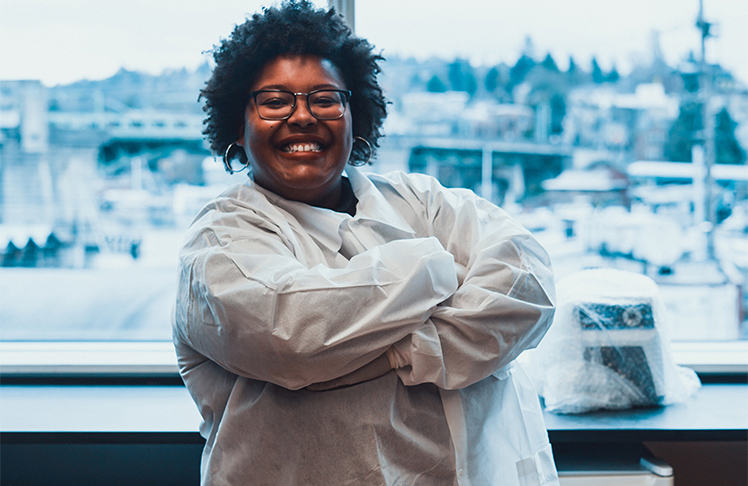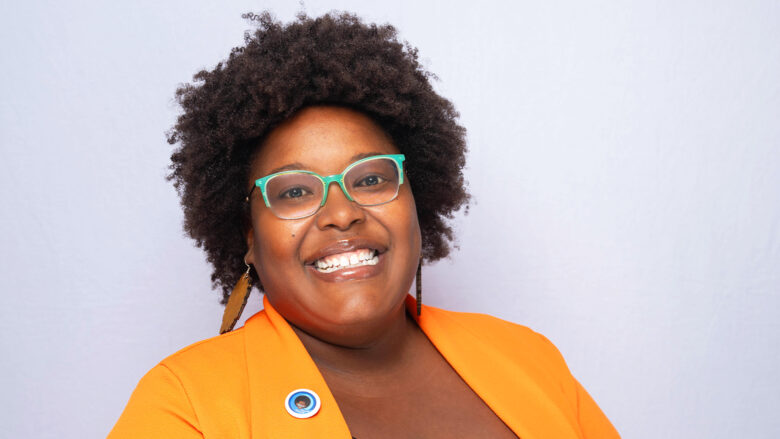Like so many STEM disciplines, marine science is a field that continues to be dominated by white scholars. For perspective, recent statistics reveal that 74.7% of marine scientists identify as white, yet only 2.3% identify as Black. Though inclusivity and diversity make steady headway in other domains, the marine sciences remain a sea of racial disparity.
Through the efforts of Black in Marine Science (BIMS), Dr.Tiara Moore hopes to reshape the narrative for the next generation. Her journey to launch this inclusive global network is deeply inspiring, but it has not always been easy.
Overcoming obstacles and thriving as a Black marine scientist

Source: scubadiving.com
The road to becoming a successful marine scientist is challenging for anyone, but for Black scientists, it is fraught with additional hurdles. After her teenage mother was incarcerated and her father was unable to care for her, Dr. Moore was raised by her grandmother in South Carolina as a young child, where she found solace in her books, her vivid imagination, and her insatiable thirst for knowledge.
Upon entering the realm of higher education, Dr. Moore encountered an extremely isolating environment. Routinely noticing how she was the “only Black woman in the room,” she grappled with constant racial bias.
“Much of the time, I felt so alone,” Dr. Moore recalls. “Instead of talking to me as an equal, colleagues mistakenly asked me to bring them coffee or carry their SCUBA gear. I overheard students attribute my place in the doctoral program to token minority scholarships, and I was erroneously copied on an email where a professor tore down my academic abilities. After a while, these experiences caused me to question my own capability and even to doubt my own self-worth.”
Years of discrimination and microaggressions lead Dr. Moore to question her place in the field. She plunged into severe depression and considered leaving everything she had achieved behind for an easier career path. The psychological toll even spurred her toward several devastating suicide attempts.
After hitting rock bottom, Dr. Moore reached the decision to openly acknowledge her struggles after arriving at a pivotal turning point that resulted in a transformative journey of healing and self-discovery. The new momentum enabled her to channel her experiences into a larger mission that would smooth the path for the next generation of Black marine scientists.
How Dr. Moore creates community and belonging for Black scientists in marine science

Source: seattlemedium.com
In July 2020, Dr. Moore was Inspired by the launch of #BlackBirdersWeek. She watched joyfully as the movement confronted stereotypes in a wide array of STEM fields and drew a global following.
As Dr. Moore watched these communities form and grow online, she longed for the same community in her field. Ultimately, she expressed that desire in a single tweet and sent it into cyberspace.
“My effort to unite Black scientists around the world began when I posted the honest question, ‘Hey, where’s the Black in Marine Science week at?’” Dr. Moore remembers. “The overwhelming response I received to that one message showed me that I could bring together a supportive community. It let me know that I no longer had to go through my professional journey feeling so alone and isolated.”
Dr. Moore began by organizing a virtual week-long gathering for Black marine scientists. That first online event grew into a year-round nonprofit organization championing Black representation in her field. Today, it provides a platform for sharing research, fostering professional relationships, and advocating for equity.
However, the focus of Dr. Moore’s work extends far beyond camaraderie and professional development. She is deeply committed to addressing the connection between racial injustice and the impact of climate change on Black communities.
“A large part of our mission is bringing a voice to the Black communities most impacted by climate change,” she says. “Environmental challenges, such as sea-level rise and nutrient pollution, disproportionately affect these marginalized coastal communities.”
Although disadvantaged communities are often the most affected by environmental injustices, their voices are least represented in research and decision-making processes. Through the recent launch of Ocean Justice AI, Dr. Moore works to rectify this by ensuring that Black community leaders have access to the research that can drive change in the places they live.
Inspiration to the next generation of marine scientists

Source: afrotech.com
As a Black woman in STEM, Dr. Moore’s overarching mission is to inspire and uplift future generations. “I wish I could send that encouragement back to my younger self,” she says. “I would tell young Tiara, ‘Girl, you have a purpose, and you belong.’”
For Dr. Moore, representing Black excellence in marine science is about so much more than her individual achievement. It is about creating accessible pathways for those who follow.
For example, in one innovative initiative, Dr. Moore harnesses social media to change the face of marine science. Today, the BIMS YouTube channel features over 300 videos of Black marine scientists discussing relevant ocean topics. The mission is to make the field more accessible and relatable to the Black community.
Dr. Moore also strives to remove the barriers to entry into marine science. For instance, in a groundbreaking initiative, she raised support for the launch of a scuba certification program offering dive certification to Black students. The goal of this hands-on initiative is to foster up-and-coming marine scientists who feel empowered and supported in their career paths.
“Like me, most Black students in this field still navigate classrooms and labs without ever seeing mentors who look like them,” Dr. Moore observes, “but we are steadily bridging the gap for these students. I work with Black scientists around the world to bring them the support and resources they need. Together, we show them that their voice has a place.”
Dr. Moore’s journey invites aspiring Black scientists to explore the depths of the ocean and the heights of their potential. She envisions a future where she and others can simply be recognized as scientists, free from racial prejudices or preconceived notions.
However, Dr. Moore’s work is far from over. Through her tireless research and advocacy, she is mitigating climate impact on Black communities, nurturing the next generation of talent, and making waves in the world of marine science.
